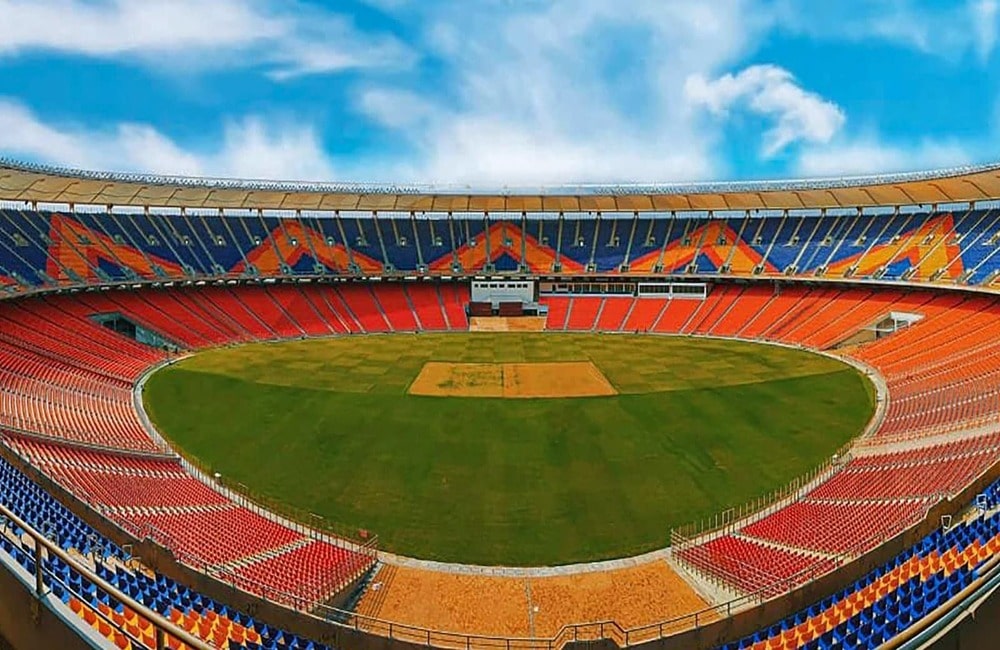Which Country Has Most Cricket Stadium In The World
Cricket, one of the most popular sports globally, is played and celebrated in many countries. Among these, India stands out not only for its passion for the game but also for having the highest number of cricket stadiums in the world. This vast network of venues reflects the country’s deep-rooted love for the sport and its commitment to nurturing and promoting cricket at all levels.
India’s Extensive Network of Cricket Stadiums
India boasts over 50 international cricket stadiums, more than any other country. These stadiums are spread across the length and breadth of the nation, from bustling metropolises to smaller cities and towns, ensuring that cricket remains accessible to fans everywhere.
1. Iconic Venues
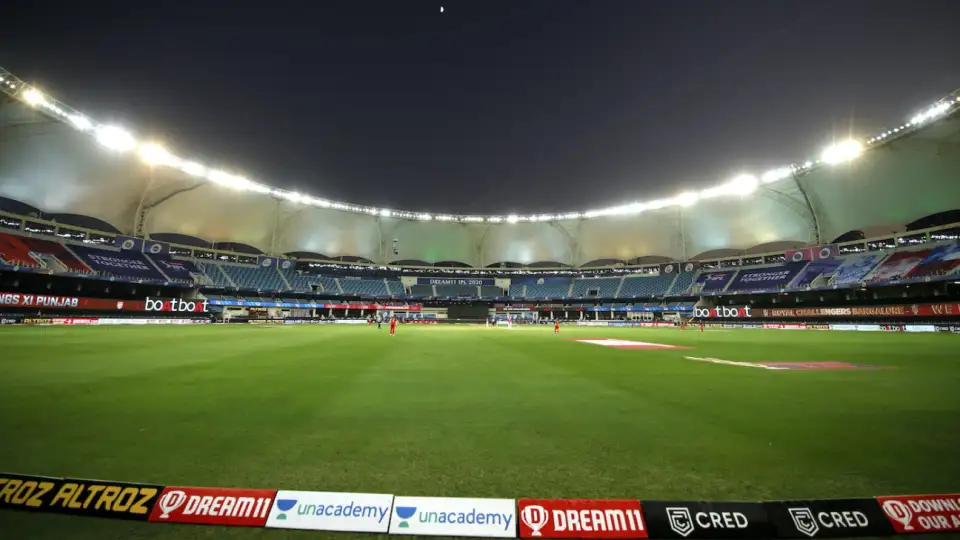
- Eden Gardens, Kolkata: Often referred to as the “Mecca of Indian cricket,” Eden Gardens is one of the most iconic and oldest cricket stadiums in the world. With a seating capacity of over 66,000, it has hosted numerous historic matches and is known for its electrifying atmosphere.
- Wankhede Stadium, Mumbai: Another legendary venue, Wankhede Stadium is famous for hosting the 2011 ICC Cricket World Cup final, where India clinched the title. Its location and facilities make it a premier destination for both domestic and international matches.
- M. Chinnaswamy Stadium, Bangalore: Located in the heart of Bangalore, this stadium is known for its lively crowd and has been the venue for many memorable cricketing moments.
2. Modern Arenas

- Narendra Modi Stadium, Ahmedabad: This recently renovated stadium, formerly known as Sardar Patel Stadium, is now the largest cricket stadium in the world, with a seating capacity of 132,000. It has state-of-the-art facilities and has hosted numerous high-profile matches, including day-night Tests.
- Rajiv Gandhi International Cricket Stadium, Hyderabad: Known for its excellent infrastructure and pitch conditions, this stadium is a regular venue for international matches and Indian Premier League (IPL) games.
3. Lesser-Known Gems
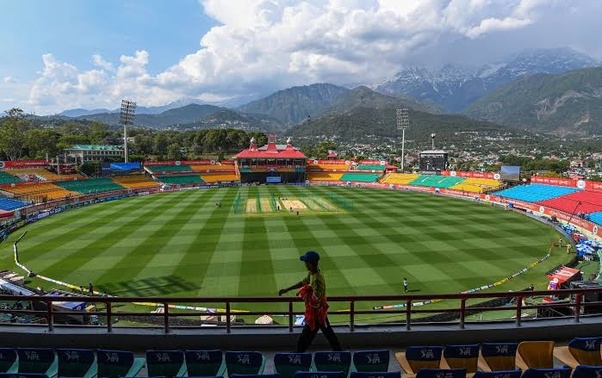
- Greenfield International Stadium, Thiruvananthapuram: This multi-purpose stadium is noted for its beautiful setting and modern amenities, making it a preferred choice for T20 matches.
- HPCA Stadium, Dharamsala: Set against the stunning backdrop of the Himalayas, this stadium is one of the most picturesque in the world. It offers a unique experience with its scenic beauty and cool climate.
Reasons Behind India’s Cricket Stadium Abundance
Several factors contribute to India’s vast number of cricket stadiums:
- Popularity of Cricket: Cricket is more than just a sport in India; it is a passion that transcends regional and cultural boundaries. This widespread popularity drives the demand for multiple venues.
- Economic Investment: Both the government and private sector invest heavily in cricket infrastructure, recognizing the sport’s potential to generate significant revenue and tourism.
- Development Programs: Various state cricket associations work tirelessly to develop the sport at the grassroots level, resulting in the construction of numerous stadiums to support local and domestic cricket.
- IPL Influence: The IPL has played a significant role in the proliferation of stadiums, as cities across India vie to host matches and be part of this lucrative and popular league.
Global Comparison
While India leads in terms of the number of cricket stadiums, other cricket-loving nations also have impressive infrastructures:
- Australia: Known for iconic stadiums like the Melbourne Cricket Ground (MCG) and Sydney Cricket Ground (SCG), Australia has a strong network of cricket venues, though fewer in number compared to India.
- England: The birthplace of cricket, England boasts historic grounds like Lord’s and The Oval, alongside several county grounds spread across the country.
- South Africa: With stadiums like Newlands in Cape Town and the Wanderers in Johannesburg, South Africa has a well-established cricket infrastructure, though again, on a smaller scale than India.
Conclusion
India’s unparalleled number of cricket stadiums highlights the country’s immense love for the game and its ongoing efforts to support and grow cricket at every level. From world-renowned venues to modern arenas and scenic locales, India’s cricket stadiums are a testament to its dedication to the sport. As cricket continues to evolve, India’s extensive network of stadiums will undoubtedly play a crucial role in hosting future generations of cricketers and cricketing events.
The Best Cricketers in the World
Cricket has produced many legends whose skills, dedication, and performances have etched their names in the annals of the sport. Here, we celebrate six of the greatest cricketers in the world, spanning different eras and formats, who have made an indelible mark on the game.
1. Sir Don Bradman (Australia)
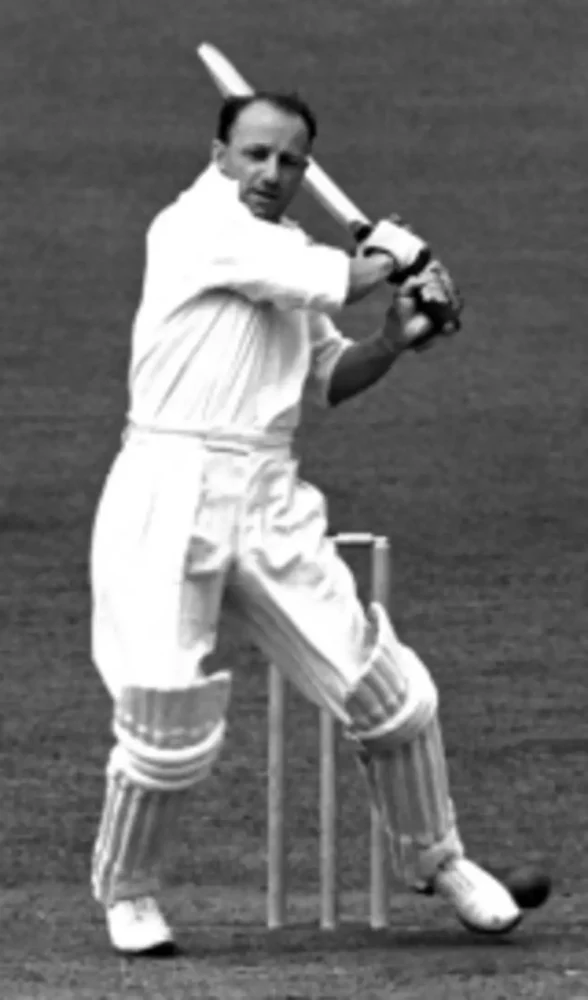
Sir Donald Bradman, often referred to as “The Don,” is widely regarded as the greatest batsman in the history of cricket. Born in 1908 in Cootamundra, New South Wales, Bradman’s batting average of 99.94 in Test cricket remains unparalleled. His remarkable consistency and dominance over bowlers during his career from 1928 to 1948 set a benchmark for excellence. Bradman’s legacy continues to inspire cricketers around the world, and his contributions to the game are celebrated globally.
Sir Donald Bradman, known as “The Don,” is widely regarded as the greatest batsman in cricket history, boasting an unparalleled Test batting average of 99.94. Born in 1908 in Cootamundra, Australia, Bradman’s exceptional skill and consistency redefined the sport during his illustrious career spanning the 1930s and 1940s.
2. Sachin Tendulkar (India)
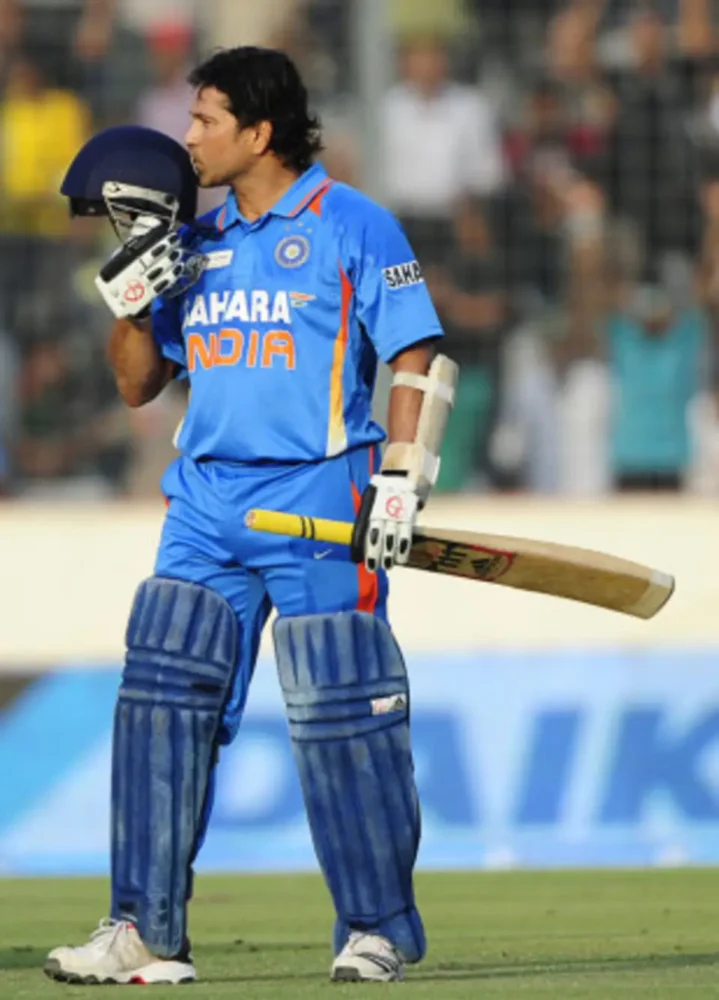
Known as the “Little Master” and the “Master Blaster,” Sachin Tendulkar is revered as one of the greatest cricketers of all time. Born in 1973 in Mumbai, Tendulkar made his international debut at the age of 16 and went on to have a career spanning 24 years. He holds numerous records, including being the first player to score 100 international centuries and the highest run-scorer in both Test and ODI cricket. Tendulkar’s technique, versatility, and longevity have made him a global icon.
Sachin Tendulkar, born on April 24, 1973, in Mumbai, India, is widely celebrated as one of the greatest batsmen in cricket history. With over 34,000 international runs and 100 centuries, his illustrious career spanning 24 years has inspired countless aspiring cricketers worldwide.
3. Sir Vivian Richards (West Indies)

Sir Vivian Richards, born in 1952 in Antigua, is celebrated for his explosive batting and charismatic presence on the field. Richards played for the West Indies from 1974 to 1991 and was known for his aggressive style and ability to dominate bowlers. He scored 8,540 runs in Test cricket at an average of 50.23 and was equally formidable in ODIs. Richards’ impact on the game extended beyond his statistics, as he brought a fearless approach and flair that revolutionized batting in his era.
Sir Vivian Richards, born on March 7, 1952, in Antigua, is celebrated as one of the most dominant and charismatic batsmen in cricket history. Known for his aggressive playing style and unmatched confidence, he amassed over 8,500 runs in Test cricket, becoming a cornerstone of West Indies’ golden era in the 1970s and 1980s.
4. Wasim Akram (Pakistan)
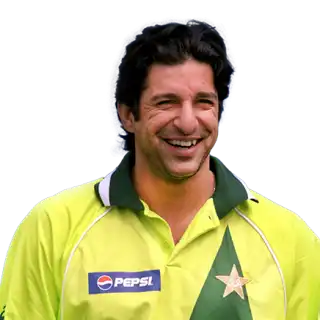
Wasim Akram, born in 1966 in Lahore, Pakistan, is considered one of the greatest fast bowlers in cricket history. Known as the “Sultan of Swing,” Akram’s ability to swing the ball both ways made him a nightmare for batsmen. He took 414 wickets in Test matches and 502 in ODIs, making him one of the leading wicket-takers in both formats. Akram’s mastery of reverse swing and his contributions to Pakistan’s cricketing success, including their 1992 World Cup win, have cemented his legendary status.
Wasim Akram, born on June 3, 1966, in Lahore, Pakistan, is widely regarded as one of the greatest fast bowlers in cricket history. Known for his exceptional swing and seam bowling, Akram took over 900 international wickets and played a pivotal role in Pakistan’s 1992 World Cup victory.
5. Jacques Kallis (South Africa)
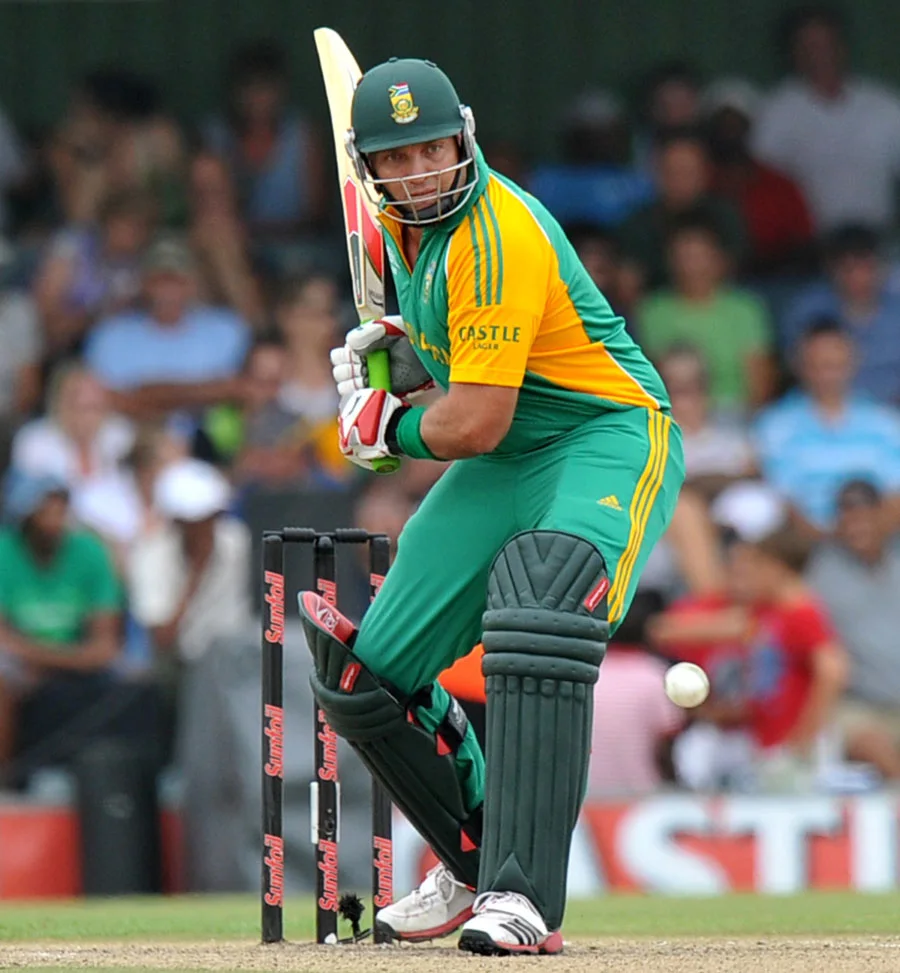
Jacques Kallis, born in 1975 in Cape Town, is arguably the greatest all-rounder cricket has ever seen. With over 10,000 runs and 250 wickets in both Test and ODI cricket, Kallis’s ability to excel with both bat and ball is unparalleled. His career, spanning from 1995 to 2014, saw him consistently perform at the highest level, earning accolades for his batting technique, bowling versatility, and outstanding slip fielding. Kallis’s balance and proficiency in all aspects of the game set him apart as a true cricketing legend.
Jacques Kallis, born on October 16, 1975, in Cape Town, South Africa, is celebrated as one of cricket’s greatest all-rounders, amassing over 10,000 runs and 250 wickets in both Tests and ODIs. Known for his exceptional consistency and skill, Kallis’ career spanned nearly two decades, making him a cornerstone of South African cricket.
6. Shane Warne (Australia)
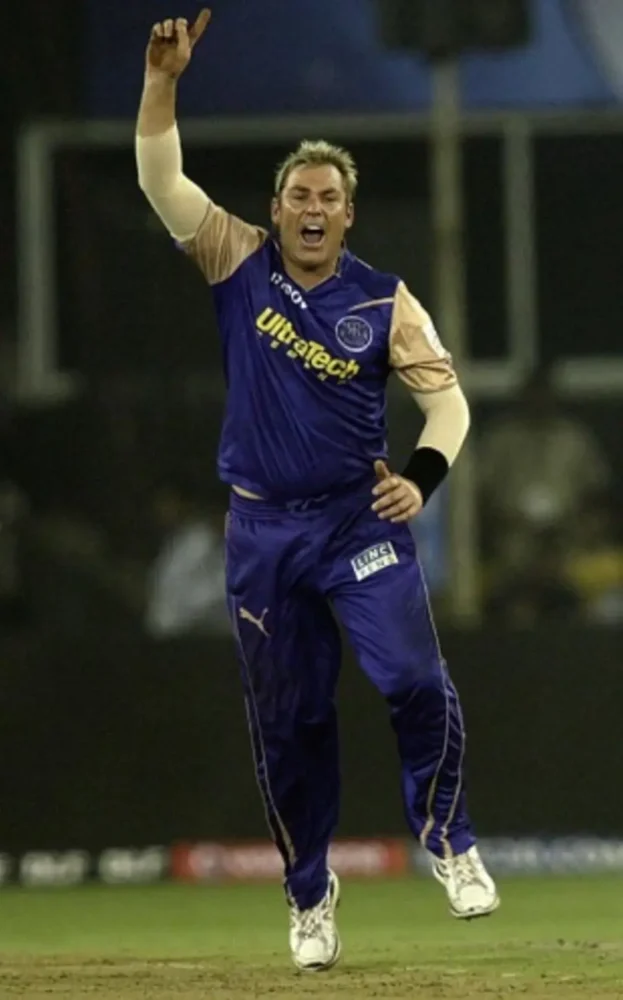
Shane Warne, born in 1969 in Victoria, Australia, is widely regarded as the greatest leg-spinner in cricket history. Warne’s career, which spanned from 1992 to 2007, saw him take 708 Test wickets, a record for a leg-spinner. His ability to turn the ball prodigiously and his tactical acumen made him a match-winner for Australia. Warne’s charisma and showmanship, combined with his unparalleled skill, revolutionized spin bowling and left an enduring legacy in the world of cricket.
Shane Warne, the legendary Australian leg-spinner, revolutionized the art of spin bowling with his exceptional skill and charisma. Amassing 708 Test wickets, Warne’s impact on cricket is immortalized through his match-winning performances and enduring legacy in the sport.
7. Brian Lara (West Indies)
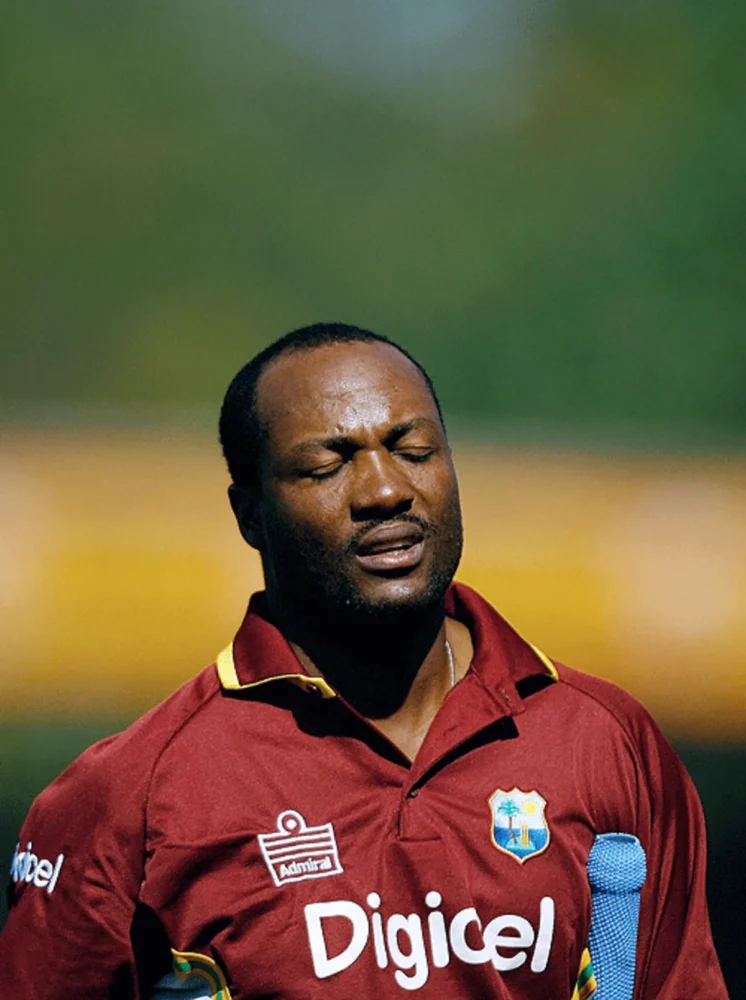
Brian Lara is renowned for his elegant and high-scoring batting. Holding the record for the highest individual score in both Test cricket (400*) and first-class cricket (501*), Lara’s ability to produce monumental innings is legendary. His stylish stroke play and ability to dominate top-quality bowling attacks made him one of the most feared and respected batsmen of his era.
Brian Lara, the legendary West Indian batsman, is celebrated for his elegant stroke play and record-breaking innings, including the highest individual score in Test cricket (400*). His iconic presence on the field and ability to dominate top-quality bowling attacks have left an indelible mark on the sport.
8. Virat Kohli (India)
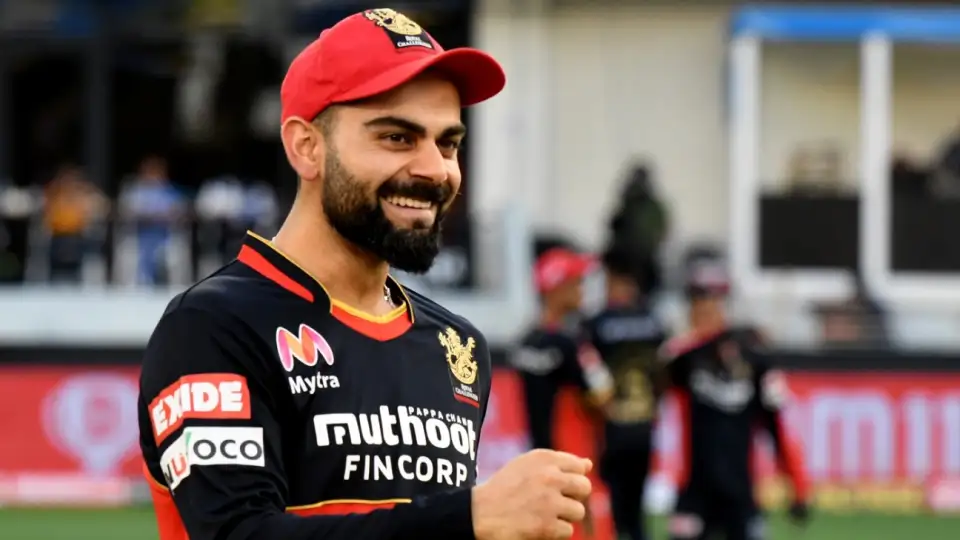
Virat Kohli, known for his aggressive batting and remarkable consistency, is one of the modern era’s finest cricketers. With over 70 international centuries and a batting average exceeding 50 in both Tests and ODIs, Kohli’s prowess in chasing targets and scoring under pressure has been a key factor in India’s success over the past decade. His leadership qualities and fitness have set new standards in contemporary cricket.
Virat Kohli, born on November 5, 1988, in Delhi, India, is a dynamic cricketer known for his aggressive batting style and remarkable consistency. As one of the modern era’s finest batsmen, Kohli has amassed numerous records and accolades, becoming a symbol of excellence in the world of cricket.

